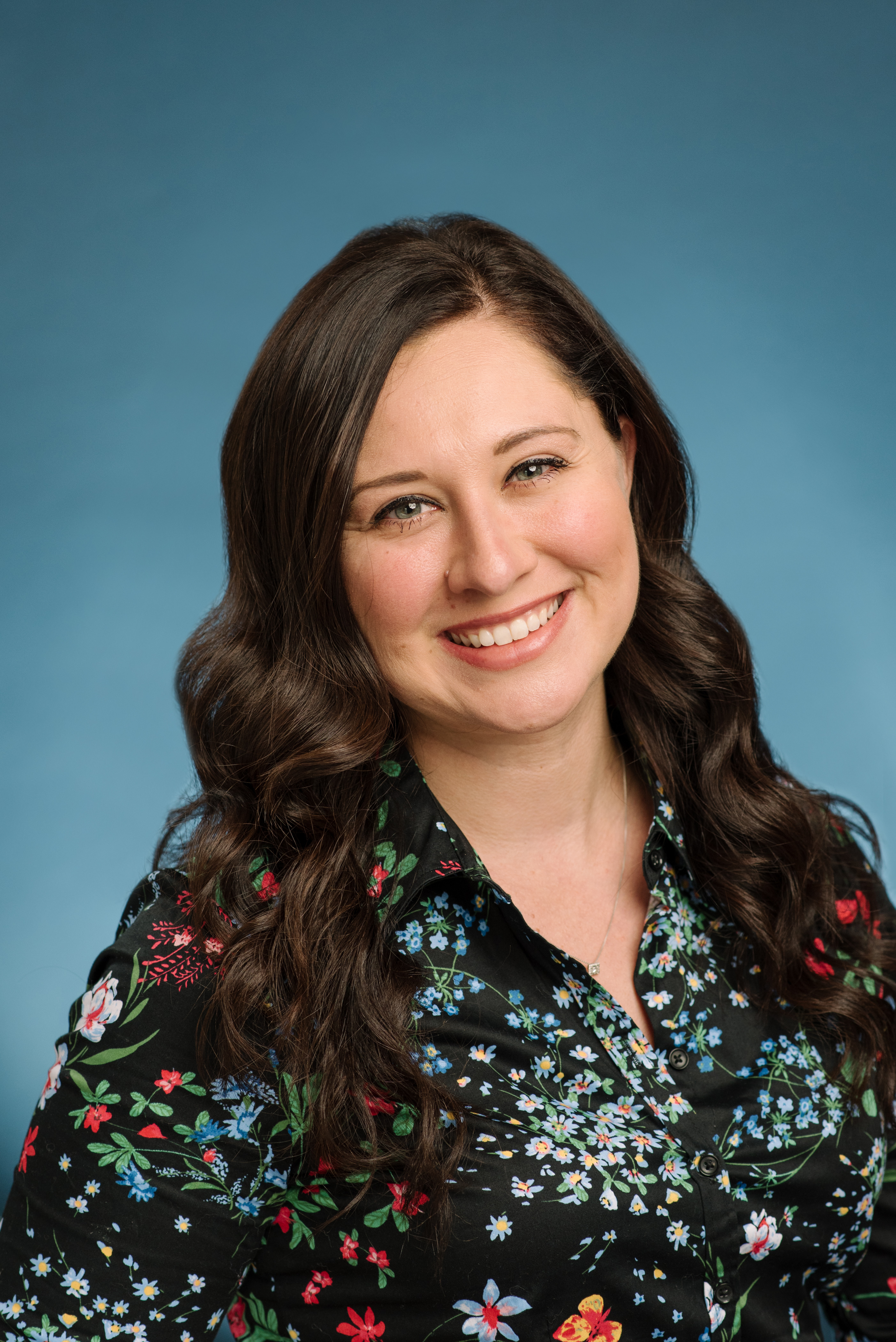As a kid, I often felt a little bit like an outsider. It wasn’t because of anything I could figure out at the time, but I think it was twofold. I longed to feel connected to my peers, but I didn’t have the words to describe the big emotions that I was feeling.
 As a professional working in early childhood education, I started to acknowledge that I still didn’t have the words to figure out what I was feeling so deeply. I understood the value of the connection between children, as well as between children and their caregivers. This included their teachers: how could I help children figure out how to express what they were feeling if I didn’t have the words to figure it out for myself?
As a professional working in early childhood education, I started to acknowledge that I still didn’t have the words to figure out what I was feeling so deeply. I understood the value of the connection between children, as well as between children and their caregivers. This included their teachers: how could I help children figure out how to express what they were feeling if I didn’t have the words to figure it out for myself?
Much of my work after I left the classroom in 2013 has focused on figuring out how to find my own professional voice so that I could help others figure out how to do the same. I often refer to this as being fluent in the language of emotions: some people have a conversational understanding of emotions, using the basic words like angry, sad, and happy.
When we become fluent in understanding our emotions, we have a broader vocabulary to describe what it is that we are feeling both emotionally, spiritually, and physically within the body.
My aim in sharing these thoughts with you is to help you, the early childhood teacher, feel seen.
Through a variety of projects that I have worked on with RCL Benziger and the Stories of God‘s Love program and the new My Emotions Video series, I have been working on supporting teachers in talking about this flock of feelings.
We have these sort of emotional sheep that we are tasked with caring for; sometimes one of our sheep may go astray, but through connection and thoughtful reflection we can bring it back to the flock. These emotional sheep can be a metaphor for working with children who are displaying challenging behavior or they can be a metaphor for our own emotions.
When we spend more time sitting with our emotions, reflecting on our triggers, and understanding that these feelings are a gift from God, then we can help others to do the same.
The goal is to share with you ways you can the problems you face more clearly, practical strategies for tackling these problems, the brainy background to what is happening in the classroom, and ideas for bringing back the joy of teaching. The work you do with and for children is critical to their development–thank you for all that you do.
 About the Author
About the AuthorAmy S. Kronberg is an early learning consultant and adjunct professor at the University of Dayton. Mrs. Kronberg began her work in early childhood education at the University of Michigan, Dearborn Early Childhood Education Center, where she learned about the Reggio Emilia philosophy, child-centered curriculum, and playful learning environments. She moved to Dayton in 2013 to complete her Masters of Science in Education, studying early childhood leadership and advocacy so she could learn to support children and families in understanding the value of and celebrating play. She is currently all but dissertation in Educational Leadership at the University of Dayton. She specializes in early learning consulting for local nonprofits, infant and toddler learning, and social-emotional development.
